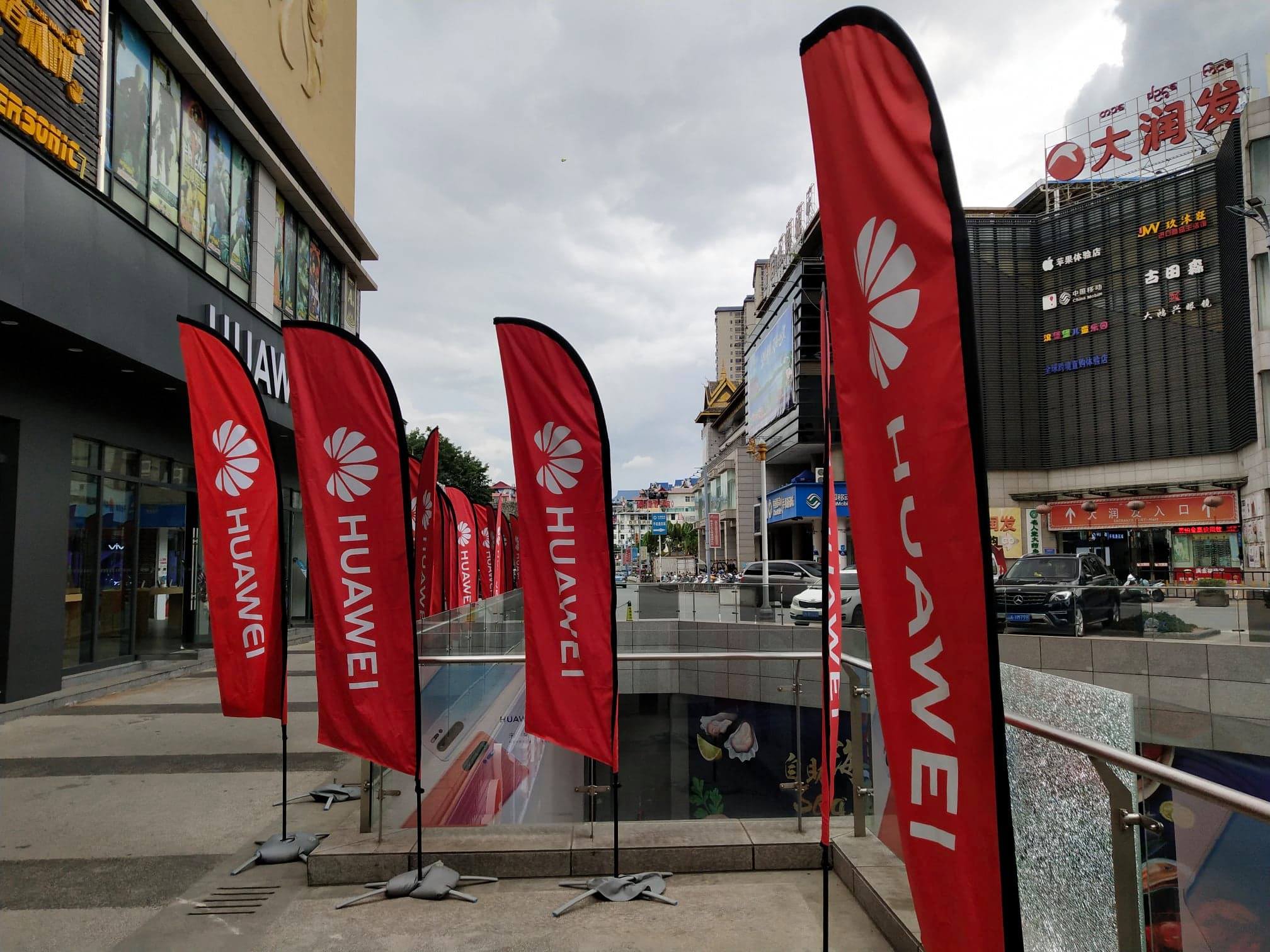 POLICY
POLICY
 POLICY
POLICY
 POLICY
POLICY
Despite receiving another 90-day reprieve from U.S. technology sanctions, the latest smartphone releases from Huawei Technologies Co. Ltd. will not included licensed versions of Google LLC’s Android operating system.
Reuters quotes Google executives as saying that the 90-day reprieve does not extend to new devices and hence Huawei “may not be able to offer Google’s official Android operating system and widely used apps such as Google Maps.”
Android is open-source software and there’s no way any Trump administration ban can stop Huawei using Android. The problem lies with official Google apps such as Gmail, the Google Play Store and others, which are available only through the licensed version of Android.
The Reuters report did note that U.S. companies can seek a license for specific products to be exempted from the ban, but Google has not said whether it has applied to do so for new Huawei devices.
Huawei is scheduled to launch its Mate 30 smartphone in Munich Sept. 18. A rival to Samsung Electronics Co. Ltd.’s Galaxy Note range, the Mate 30 is a large flagship model for Huawei next to its P30 and P30 Pro models, in a similar fashion to Samsung’s S10 and S10 Plus.
“Huawei will continue to use the Android OS and ecosystem if the U.S. government allows us to do so,” a Huawei spokesperson told Reuters. “Otherwise, we will continue to develop our own operating system and ecosystem.”
The latter refers to HarmonyOS, known in China as HongmengOS that Huawei officialy debuted Aug. 9. The operating system is claimed to be 60% faster than Android and offers a cross-device platform that can run Android and Windows Mobile apps.
HarmonyOS is also open source from day one without any licensing restrictions. While no smartphone makers outside of Huawei have yet indicated that they’re willing to use HarmonyOS it presents a real risk to Android going forward.
Should the Trump administration ban continue, Huawei, the world’s second-largest smartphone maker by global sales, will have no choice but to use HarmonyOS. If it should take off, other Chinese phone makers, including Vivo Communication Technology Co. Ltd., Guangdong OPPO Mobile Telecommunications Corp. and Xiaomi Corp., may follow suit. Those companies may not be household names in the U.S., but they make up the top five on sales chart behind Samsung and Huawei in most of the rest of the world.
Android’s domination of the global smartphone market has long been presumed to be unbeatable, but that position may only be a Trump technology ban away from coming to an end in the next few years.
Support our mission to keep content open and free by engaging with theCUBE community. Join theCUBE’s Alumni Trust Network, where technology leaders connect, share intelligence and create opportunities.
Founded by tech visionaries John Furrier and Dave Vellante, SiliconANGLE Media has built a dynamic ecosystem of industry-leading digital media brands that reach 15+ million elite tech professionals. Our new proprietary theCUBE AI Video Cloud is breaking ground in audience interaction, leveraging theCUBEai.com neural network to help technology companies make data-driven decisions and stay at the forefront of industry conversations.